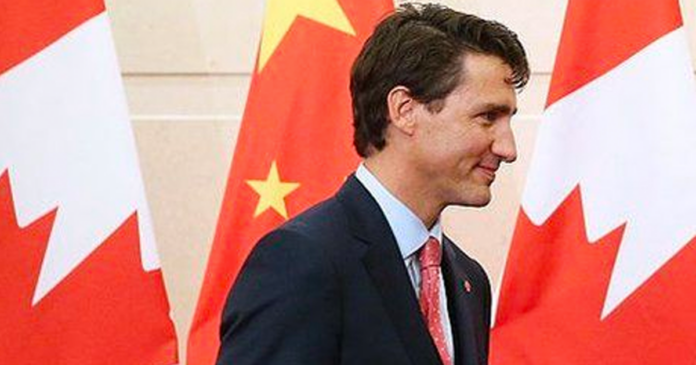A new Leger poll commissioned by Postmedia reveals that Canadians at large are dissatisfied with the current approach of their governments to address the rising issues of crime and addiction.
The poll, which surveyed 1,500 Canadians in the first week of June 2023, found that most Canadians want more aggressive measures to deal with violent offenders, drug traffickers and addicts.
According to the poll, 79% of Canadians agree that there are too many repeat violent offenders being offered bail, and 78% agree that the justice system is too lenient on those who commit violent crimes.
“I think policymakers and decision makers need to realize that there are some very strong sentiments being expressed on these issues,” Leger’s Executive VP Andrew Enns told the National Post.
“We’re seeing large percentages of people saying things are getting worse.”
Moreover, 91% of Canadians agree that repeat violent offenders should have their access to bail severely restricted or revoked, while 73% agree with the same even if it could lead to challenges on the interpretation of the Charter of Rights.
Most Canadians (86%) want more efforts to identify and prosecute those involved in bringing drugs into the community, and over 70% want more policing on drugs.
“I think there was a perception, correct or not, that safe injection sites would lead to a solution, and those problems are instead amplified probably ten-fold from where they were,” said Enns.
“So there’s this frustration of ‘what else can we do. This isn’t working.’”
Additionally, Canadians want violent crime, such as murder and assault, to be the top priority for government decision makers to tackle when it comes to crime in Canada, followed by illegal firearm possession and drug and substance abuse.
On the issue of involuntary treatment programs, which has been recently promoted by Alberta’s Premier Danielle Smith, 71% of Canadians agree with involuntary treatment programs where seriously addicted individuals are required to attend addiction programs.
The results of the poll indicate that Canadians are largely dissatisfied with the status quo on how their governments are responding to spiking rates of crime and addiction, and that they want more decisive action to restore order and safety to their cities.



























